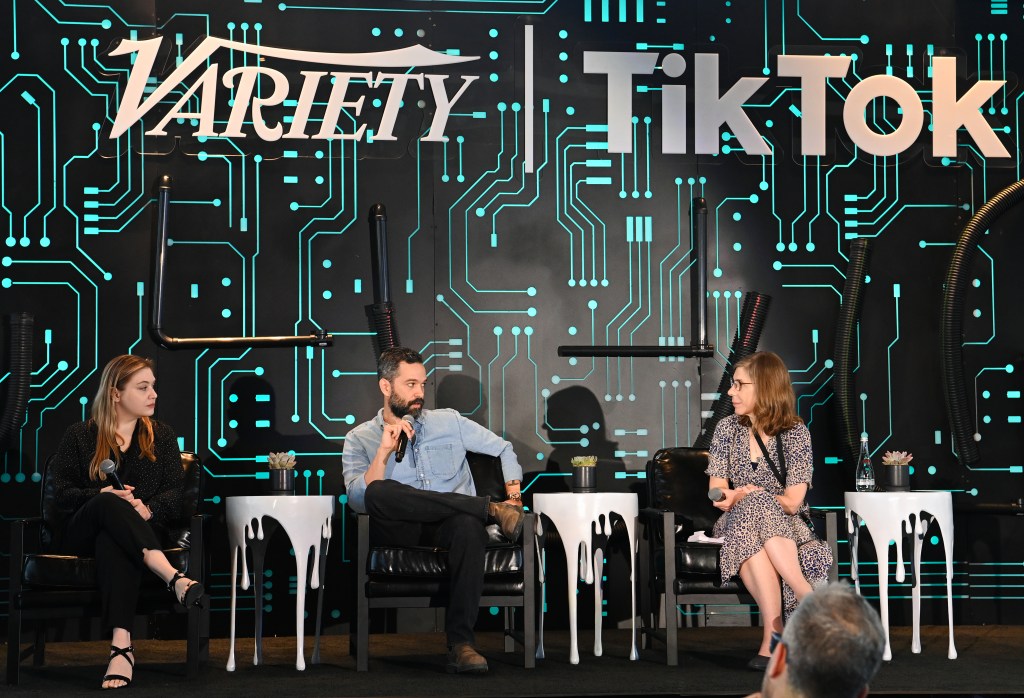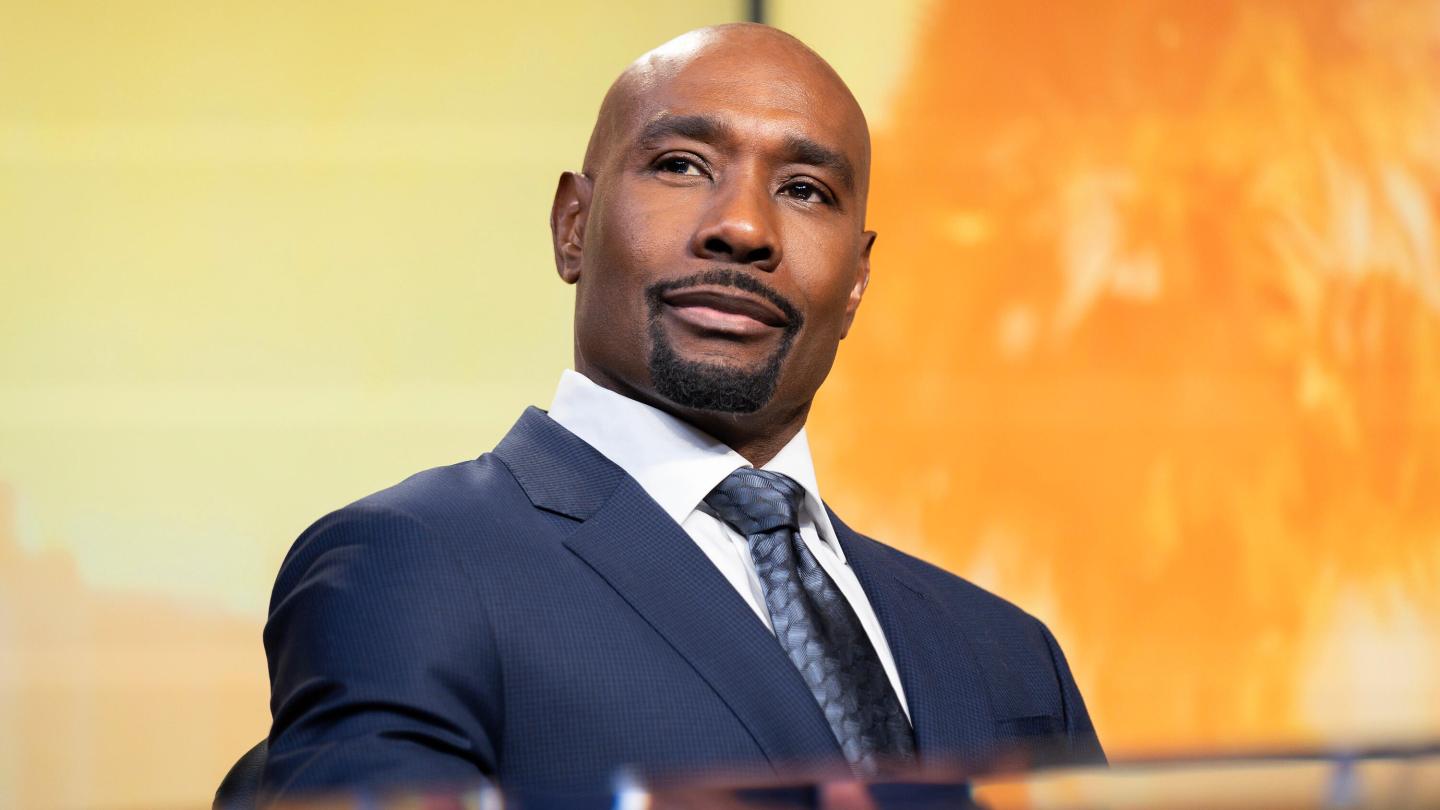The masterminds behind Prime Video‘s “Citadel” series are offering new insights into their ambitious international spinoff strategy.
The first season of “Citadel,” starring Richard Madden and Priyanka Chopra Jonas alongside Stanley Tucci and Lesley Manville, became Prime Video’s second most-watched new original series outside the U.S., and fourth most-watched worldwide. Executive produced by the Russo Brothers’ AGBO, the series follows spy agency Citadel and its powerful enemy syndicate, Manticore.
Developed by Alessandro Fabbri and from showrunner Gina Gardini, Italian spinoff “Citadel: Diana” is set in Milan, 2030, where Citadel was destroyed by Manticore. Since then, Diana Cavalieri (Matilda De Angelis), an undercover Citadel agent, is alone, trapped behind enemy lines as a mole in Manticore. When she finally sees a way out and the chance to disappear forever, the only way to do so is by trusting the most unexpected ally, Edo Zani (Lorenzo Cervasio), the heir of Manticore Italy and son of the head of the Italian organization, Ettore Zani (Maurizio Lombardi), who’s vying for leadership against the other European families.
Creators Raj & DK and writer Sita R. Menon’s Indian spinoff “Citadel: Honey Bunny” follows stuntman Bunny (Varun Dhawan) who recruits struggling actress Honey (Samantha) for a side gig in the 1990s. Years later, as their dangerous past catches up, the estranged Honey and Bunny must reunite and fight to protect their young daughter Nadia.
Executive producers Anthony Russo and Angela Russo-Otstot, along with creator David Weil, spoke with Variety on the collaborative approach driving the expansion of their spy thriller universe in Italy and India.
“This show is like a grand experiment in collaboration to a degree that’s never been attempted before,” Anthony Russo said. “The most important reason is the creative partners that we found in both Italy and India,” Russo said about the decision to make the spinoffs in Italy and India. “It can’t possibly work without us finding people whose work we admire, whose working process we connect to, whose vision we can share and participate in.”
The rich cinematic traditions of both countries played a crucial role in the decision. “Each country has an amazingly powerful cinema tradition,” Russo said. “And so for us to be able to connect to that tradition and figure out how that tradition and those creatives want to reinterpret ideas that have been put out there in the ‘Citadel’ universe, that was very exciting for us.”
The Russos and Weil granted their international partners significant creative freedom. “There were really no directives or mandates at all,” Weil said. “It was about trying to arrive at the best story that felt authentic and that felt real, and that really inspired them.”
Russo-Otstot added, “Making sure that DK, Raj, and Sita, that Gina and Alessandro felt the freedom to tell a story that was authentic to their visions as artists, that is the most powerful thing that we could all accomplish. We had faith that ultimately those expressions would be so powerful that they will appeal to an audience far beyond too.”
This cross-pollination of ideas is already influencing the main series. Weil revealed that elements from the spinoffs are being incorporated into “Citadel” Season two, currently in production. “There are some characters perhaps in Season 2 that originate and appear first in ‘Honey Bunny’ and ‘Diana’ that we then get to play with in our season,” he said. “So you’ll definitely see a lot of things we picked up from these series that we got to plant in Season 2 and hopefully beyond.”
The Indian spinoff, “Citadel: Honey Bunny,” sets the story 30 years in the past. Raj said, “They [the Russos and Weil] didn’t specify any time setting or what era it should be, it’s just anything to do with the Nadia side of it. So we decided to actually go back, go retro, 30 years and thought that would give us the canvas to create new characters.”
DK said that “Citadel” is a “very technologically advanced universe,” and decided to go the other way. “That was part of the charm for us, to go retro. And even the technology in ‘Citadel: Honey Bunny’ is advanced for that era, but it’s like way, way, way archaic now, if you look at from today’s perspective.”
The spinoff incorporates themes of broken families and the importance of cinema in Indian culture. Menon said, “All our characters, largely, are broken. They come from broken backgrounds, broken families. So the absence of family is very large with all of them, and that carries them throughout the show.”
The series also touches on the economic changes in India during the 1990s. DK said, “Mid-90s is when India became a very liberal economy. Big difference between 1992 and 2000 in how people were living and what was available. So it’s not just eight years of difference in time. It’s actually eight years at a very critical turning point in the economical conditions in India.”
Raj & DK’s “The Family Man” spy series, the second season of which starred Samantha, was a smash hit for Prime Video. “It’s very difficult for a female actor to get such a role, and especially when in entertainment and in series, when you think of a spy action thriller, you immediately think big car chases, big gadgets, and definitely a male actor playing the protagonist at the center of it,” she said. “But I think that this is different, and I get to kick ass too, and it’s extremely equal and it’s just so great to be a part of such a series where I have so much to do and give.”
“Citadel: Diana” is streaming now. “Citadel: Honey Bunny” streams from Nov. 7.





